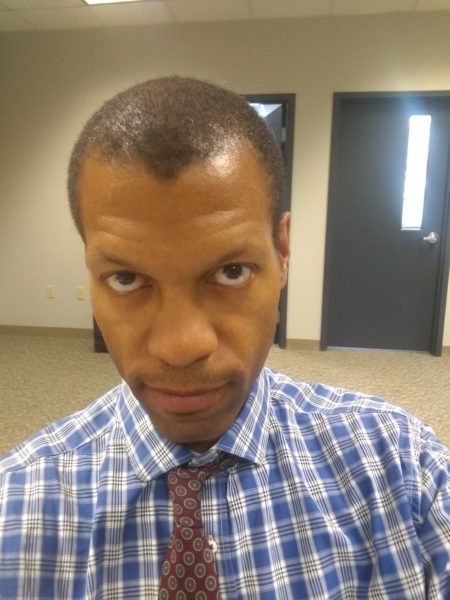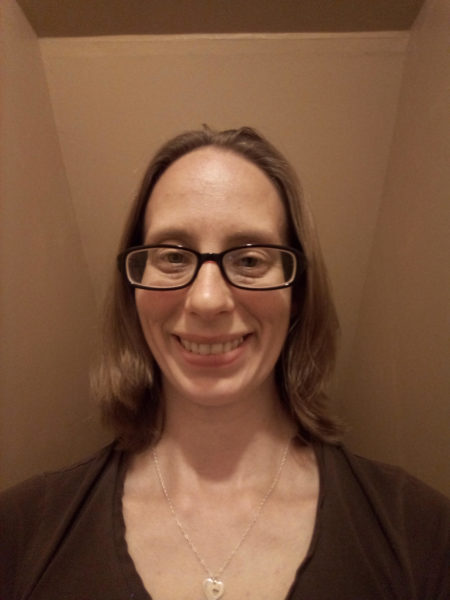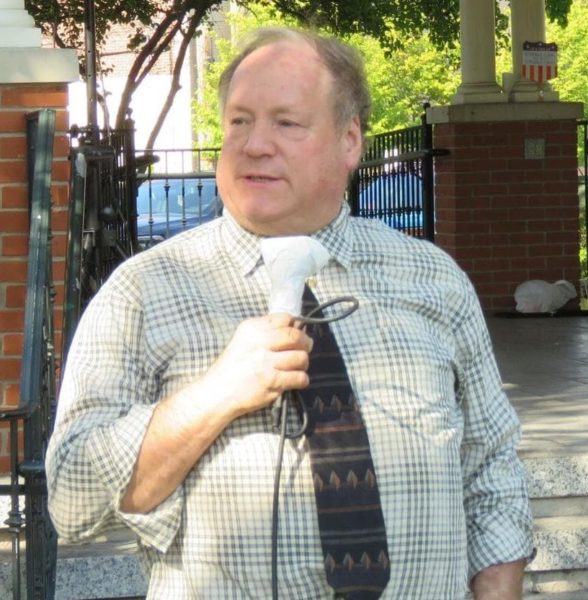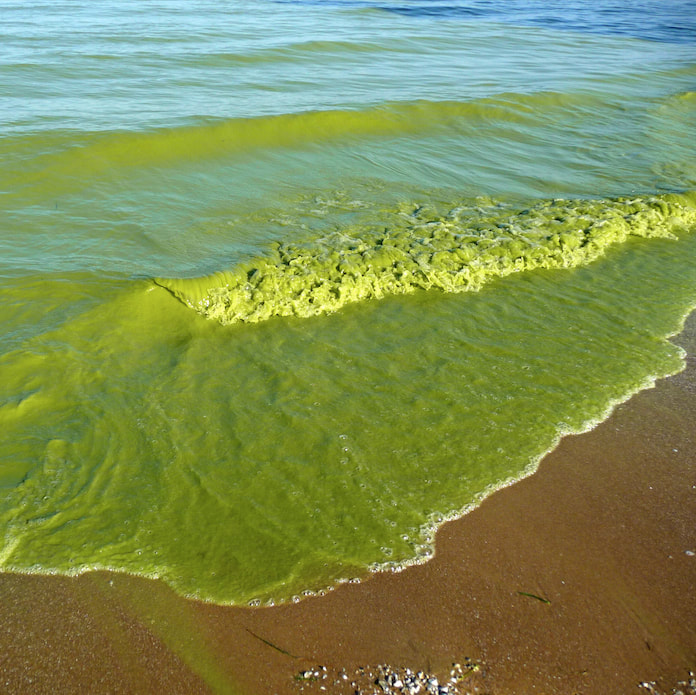CELDF’s second module (A Lake’s Voice in the Rebellion: Violating the Rights of Lake Erie) ran Sept 9. They’ve posted a link to view the first module, A Community’s Voice in the Rebellion, and may post the second one soon.
Module two: A Lake’s voice in the rebellion
Wednesday, Sept. 9
For decades Lake Erie has had a reputation as a “dead lake.” It’s time for that to change.
In 2014 nearly 500,000 people lost their water in and around Toledo, Ohio due to a harmful bloom of toxic algae. In 2019, Lake Erie became the first ecosystem in the nation to have it’s right to exist, flourish, and thrive recognized in law – the Lake Erie Bill of Rights (LEBOR). The law has since been stifled by corporate opposition and state preemption, but these actions only reinforce that LEBOR posed a real threat to the status quo.
Join us for this second installment of a three part webinar series. Industrial agriculture isn’t the only assault on Lake Erie. In this segment we will take a closer look at the many threats that harm Lake Erie and the communities she supports. Too often, the impacts of these harms are disproportionately felt across a community. We’ve got three legal professionals representing the voice of Lake Erie – sharing their knowledge on the harmful impacts of fracking “brine”, renewable energy and how both the pollution and the system create ecological as well as social justice issues for communities. Activities that impact the ecosystem as a whole may call for a more unique approach to finding a solution. Is our energy best spent on tackling single issues? We’ll look at these issues from a systems perspective.
This is a three part series – please register for each module separately. Below is the registration for our first module.
Module 1: A Community’s Voice in the Rebellion: Impacts on Nature and Community
Thursday, September. 3 at 6:30 pm EST. Watch Module One.
Module 2: A Lake’s Voice in the Rebellion: Violating the Rights of Lake Erie
Wednesday, September 9, 2020 at 6:30 pm EST.
Module 3: A Movement’s Voice in the Rebellion: Growing a Rights of Nature Movement
TBD. Registration coming soon.
Speakers

Taru Taylor went to law school to learn all about how We the People are the first branch of government, that as jurors and electors we check and balance the other three branches of government. Actually, he learned most of this popular-sovereignty and social-contract stuff on his own. But now he has a fancy law degree to show for all the lies of omission his law professors told him.

Heather Kuhn lives in Buffalo, NY, and is currently attending the University of Buffalo School of Law. Heather has had a passion for environmental and social justice. Heather has worked with other community members on multiple issues in Buffalo, ranging from labeling genetically modified food, organizing food cooperatives to incorporate local businesses and ideas, and banning hydraulic-fracturing in New York. She is currently networking with people in the Western New York area to protect Lake Erie from corporations who want to install wind turbines to export energy and resources from the Western New York region to downstate New York, NY. She received her Bachelor’s degree in Community and Human Services. She then received her Post-Bachelor’s Paralegal certificate and worked as an intern with the Reddy Law Firm working on civil rights litigation. She then went on to work at Neighborhood Legal Services as a paralegal and worked to help people with Public Benefits issues, homeless issues requiring placement in homeless shelters, and she also helped people with supplemental security income appeals.

Terry Lodge is an Ohio trial lawyer living in Toledo who has represented many clients in civil rights, civil liberties, and environmental cases. An advocate for the public interest in energy policy issues, he has litigated nuclear power safety and environmental issues for over 40 years. He has also represented opponents of nuclear weapons and mountaintop removal mining. More recently he has also been working with the nonprofit Community Environmental Legal Defense Fund assisting and defending communities fighting for local self governance and rights of nature. He believes the return to democratic roots is essential to resist climate chaos and be an equitable society.
Find the link to view the first module (and likely the second one soon) on CELDF’s website.

